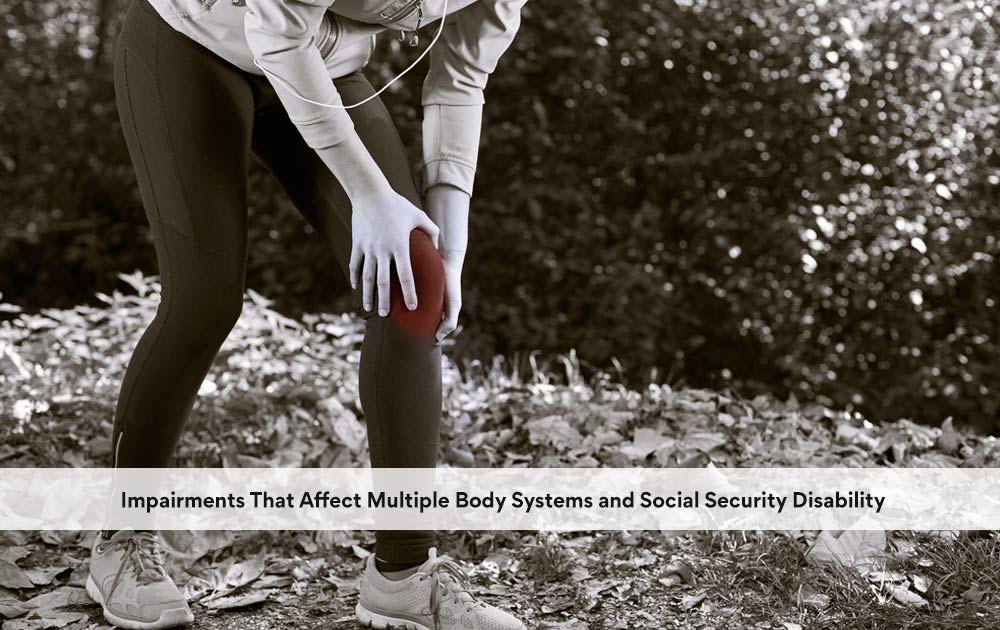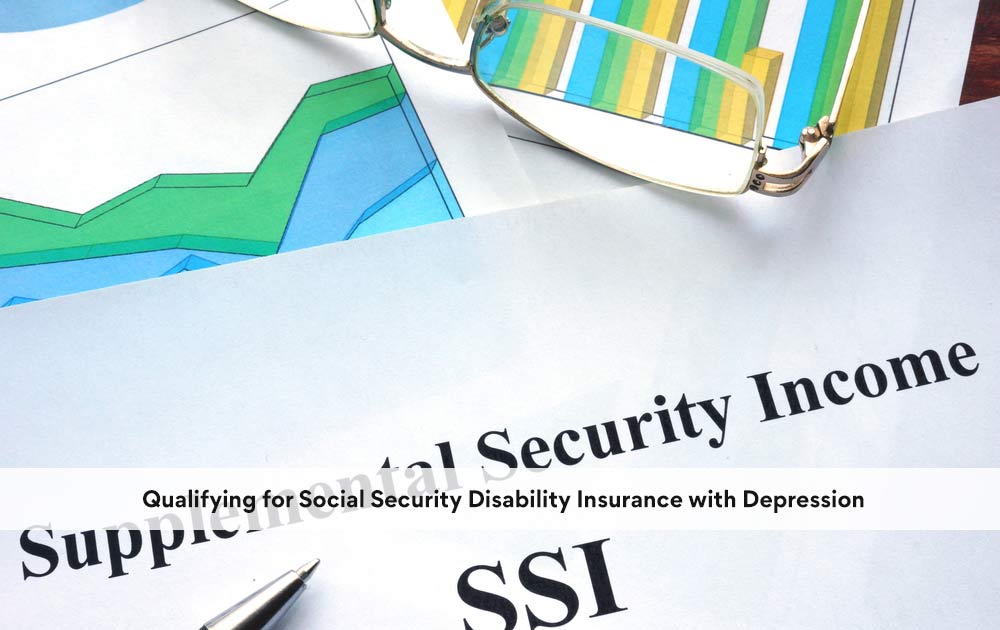If a heart disease condition is affecting your ability to work full-time, a consultation with an SSI/SSDI attorney may be in order. You can file a claim at any time yourself in North Carolina. However, to make sure you are on the right track and to prevent denial of your claim at the onset, it is best to obtain legal representation from an SSI/SSDI specialist.
The claimants at our law firm have received disability payments for a variety of conditions and have had their claims approved even after they were previously denied. That’s why contacting a legal representative who specializes in SSDI and SSI law will increase your chance for a positive outcome when filing your claim.
The Social Security Administration’s Definition for Disability
The successful filing for a heart disease claim is based on the Social Security Administration’s (SSA’s) definition of a disability. The decision for acceptance then is based on the definition. A “disability” is the inability of the claimant to engage in substantial gainful activity (SGA) or to work full-time, which is the result of mental or physical impairment.
To receive disability benefits, the impairment must be expected to last for a continuous period of 12 months or longer or is anticipated to result in death. Whether an applicant files for social supplemental security income SSI benefits or social security disability insurance (SSDI) benefits, the above definition is the same.
What Is Social Security Disability Insurance Requirements?
Anyone applying for SSDI benefits claims must meet the age requirement of 31 years or older and should have been paying into the FICA payroll system for at least ten years. He or she should already have accumulated work credits for five years during that time.
This kind of claim then is based on an applicant’s work-history earnings record for the last decade. Therefore, if you are making a disability claim for heart disease but have not worked in the last fifteen years, you are not eligible to file an SSDI claim.
Heart disease claimants who file supplemental security income (SSI) claims are needs-based. Therefore, their eligibility is based on their income and related resources as well as their current lifestyle. Under this program, a single candidate cannot have a total worth of over $2,000 and a married applicant’s total worth cannot exceed $3,000.
Therefore, the SSI/SSDI application process can become rather complicated when you try to handle filing yourself. That is why you must obtain legal representation through an SSI/SSDI attorney. Even a heart disease claimant can be turned down for disability payments if he does not meet certain basic criteria. It’s important to show the SSA that you cannot work in the same capacity as you did before your illness and that you are not able to make a work adjustment in this respect.


